What do Artists do to Prevent Ticket Scalping?
Scalping isn't just a resale issue - it's a battle for fair access. What do artists do to prevent ticket scalping? Some have even resorted to tracking ticket purchases like financial fraud, while others use facial recognition to ensure real fans get in**.**
With bots snatching tickets in milliseconds, the war is escalating fast. But are these artist-led tactics enough to outsmart modern scalpers? Let's find out.
In this article, we will explore how to:
- Stop ticket scalpers with these artist-led tactics
- Take action to fight ticket scalping now
6 Powerful Ways Artists Are Fighting Back Against Ticket Scalping
In today's digital age, ticket scalping have evolved from street corner hustlers to sophisticated online operations using bots and algorithms. This practice has created a significant barrier between artists and their fans, with concert tickets often being resold at astronomically inflated prices.
Fortunately, musicians and performers aren't standing idly by. Artists have developed several innovative strategies to ensure their true fans can attend shows at fair prices.
1. Partnering With Verified Ticketing Platforms
Artists are increasingly forming strategic alliances with official ticketing vendors like Ticketmaster, AXS, and SeatGeek to combat scalping. These partnerships allow for the implementation of anti-scalping technology directly at the source.
How it works:
- Platforms employ sophisticated algorithms to detect suspicious purchasing patterns
- Many use CAPTCHA verification and other bot-detection methods
- Some platforms limit the number of tickets one account can purchase
- Ticketing companies flag and cancel suspicious bulk purchases
Real-world example: Taylor Swift's Eras Tour utilized Ticketmaster's Verified Fan program, which requires fans to register in advance and receive a unique access code to purchase tickets. While the system faced challenges due to unprecedented demand, it still prevented millions of bot purchases.
2. Implementing Dynamic Pricing Strategies
Image: https://pixabay.com/photos/businessman-steering-success-3492380/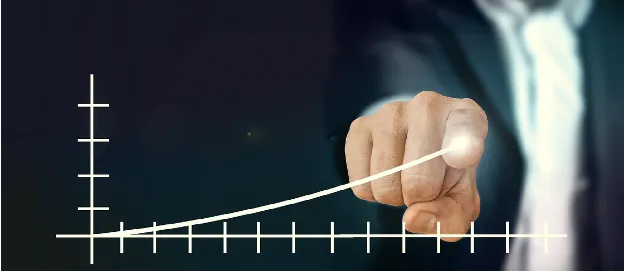
Artists have begun adopting flexible pricing models that adjust ticket costs based on real-time demand, effectively reducing the profit margin for potential scalpers.
How it works:
- Initial ticket prices fluctuate based on demand metrics
- Higher-demand sections or dates may cost more from the outset
- Some artists use "platinum" or premium tickets that automatically adjust price
- This strategy captures the true market value rather than letting it go to scalpers
Why it matters: When artists implement dynamic pricing, the additional revenue goes to those who created the value - the performers and venues - rather than third-party resellers who add no value to the experience.
3. Restricting Resale With Non-Transferable Tickets
Perhaps one of the most effective methods against scalping is the use of non-transferable tickets that require identification verification at entry.
How it works:
- Tickets exist only as mobile-based QR codes that refresh periodically
- Entry requires matching ID with the name on the purchase
- Some systems use facial recognition to verify ticket holder identity
- Transfer options are either disabled or strictly controlled through official channels
Real-world example: Bruce Springsteen has utilized paperless tickets for high-demand shows, requiring the credit card used for purchase and matching ID at the venue door, effectively eliminating traditional scalping opportunities.
4. Offering Pre-Sale Access and Fan Club Priorities
Artists are rewarding loyal followers by giving them first access to tickets before they're available to the general public.
How it works:
- Fan club members receive exclusive access codes
- Artists create tiered priority systems based on fan engagement
- Some performers require proof of past concert attendance
- Premium merchandise purchases may include ticket pre-sale opportunities
Why it matters: This approach ensures that dedicated fans - those who follow the artist closely and engage with their content regularly - have the highest probability of securing tickets at face value.
5. Embracing Blockchain Technology and NFTs
Image: https://pixabay.com/photos/blockchain-blockchain-technology-4297721/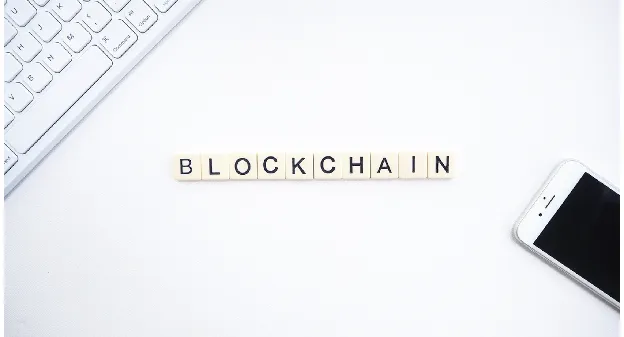
The emergence of blockchain technology has provided artists with a new tool in the fight against scalping through verifiable, traceable ticket ownership.
How it works:
- Tickets exist as unique digital assets on a blockchain
- Each transfer of ownership is permanently recorded
- Smart contracts can enforce rules about resale prices
- NFT tickets can include additional benefits that only work for original purchasers
Real-world example: Kings of Leon released their album "When You See Yourself" as an NFT in 2021, which included special concert tickets that couldn't be resold above a certain price threshold, demonstrating how this cutting-edge technology can be applied to the ticketing industry.
6. Taking Legal Action Against Scalpers
When technological solutions aren't enough, many artists are pursuing legal remedies against large-scale scalping operations.
How it works:
- Artists and their management file lawsuits against known scalping entities
- Some performers advocate for stricter anti-scalping legislation
- Artists work with consumer protection agencies to prosecute fraudulent sellers
- Legal teams monitor online marketplaces for violations
Real-world impact: Ed Sheeran's team canceled over 10,000 tickets that were found on unauthorized resale sites for his 2018 tour, subsequently making them available again to fans at the original price. His management also took legal action against major reselling platforms, sending a powerful message about his commitment to fair ticketing.
As technology evolves, so too will the methods artists use to protect their fans from scalping. The most successful approaches will likely combine multiple strategies tailored to each artist's unique audience and tour requirements.
Join the Fight: How Fans Can Take a Stand Against Ticket Scalping
In the battle against ticket scalping, fans are not merely victims - they can be powerful agents of change. While artists implement technological solutions and legal protections, the collective power of music and sports enthusiasts represents an often untapped resource in creating fairer ticketing systems.
Image: https://pixabay.com/photos/hands-crowd-dancing-eurovision-4212584/
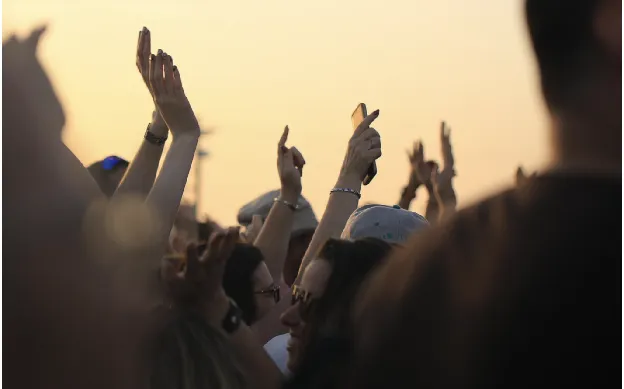
Here's how you can become part of the solution rather than just another frustrated bystander.
Become a Scalping Detective: Identifying and Reporting Suspicious Activity
Learning to spot potential scalpers is the first step in disrupting their operations. Pay attention to these red flags:
- Multiple listings from the same seller across different platforms
- Sellers with unusually large quantities of tickets for high-demand events
- Ticket listings appearing within seconds or minutes of an official sale
- Vague explanations about ticket origins or reluctance to answer basic questions
- Professional-looking profiles with minimal personal information or history
When you identify suspicious activity, take action:
- Report suspicious listings directly to the marketplace platform (most have dedicated reporting tools for suspected scalping).
- Document evidence, including screenshots of listings, seller information, and price inflation
- Alert the artist's management team or official fan clubs about potential scalping operations
- Submit detailed reports to consumer protection agencies in your region
- Share information with fellow fans through official forums (without publicly shaming specific individuals)
Real impact story: In 2022, a coordinated fan reporting campaign for a major K-pop concert resulted in the removal of over 3,000 scalped tickets from secondary markets, which were then released back into the official sale at face value.
Vote With Your Wallet: Supporting Anti-Scalping Artists and Venues
Artists and venues that prioritize fair ticketing practices deserve your support. Here's how to make your purchasing power count:
- Prioritize attendance at events using verified fan systems, paperless tickets, or other anti-scalping measures
- Research an artist's ticketing policies before purchases and favor those with fan-friendly approaches
- Support venues that implement strict ID checks or other entry verification systems
- Purchase directly from official primary sellers rather than convenience-focused resale sites
- Accept mobile-only or restricted transfer tickets despite their limitations
- Share positive experiences with fair ticketing systems on social media
Why it matters: When fans consistently support and praise anti-scalping initiatives, it creates powerful market incentives for more artists and venues to adopt these practices. This collective consumer behavior can shift industry standards faster than legislation.
Join Forces: Engaging with Consumer Advocacy Groups
Individual actions gain power when coordinated. Consider connecting with these organizations:
- Fan Freedom Project advocates for ticket ownership rights balanced with anti-scalping protections
- National Consumers League frequently addresses ticketing fairness issues
- Sports Fans Coalition works specifically on ticket access for sporting events
- Fan First Coalition focuses on transparency in the primary and secondary ticket markets
- Local consumer protection agencies that handle ticket sales complaints
How to get involved:
- Sign petitions supporting anti-scalping legislation
- Participate in consumer surveys about ticketing experiences
- Share your personal stories of scalping encounters with advocacy organizations
- Volunteer to help with awareness campaigns
- Contribute to legal defense funds challenging unfair ticketing practices
These organizations gain negotiating power with each new member, creating a collective voice that demands attention from industry leaders and legislators alike.
Speak Up: The Crucial Role of Fan Feedback
Your experiences and opinions matter more than you might think:
- Complete post-purchase surveys from official ticketing platforms
- Engage constructively with artists on social media about ticketing concerns
- Participate in fan forums where artists and management teams gather feedback
- Submit detailed comments during public consultation periods for proposed ticketing legislation. Fans can also advocate for ticket platforms to use secure CAPTCHA systems, ensuring fairer access to high-demand events.
- Write to venue management about your ticketing experiences, both positive and negative
- Create or sign petitions for specific anti-scalping measures
Success story: After receiving overwhelming fan feedback about accessible ticketing, Grammy-winning artist Billie Eilish implemented one of the most comprehensive anti-scalping systems for her 2022 world tour, combining verified fan presales, staggered release times, and strict transfer limitations.
Digital Activism: Leveraging Social Media for Change
Social platforms offer powerful tools for organizing fan-led initiatives:
- Create or join hashtag campaigns highlighting scalping problems for specific events
- Share educational content about how to avoid scalpers
- Document price inflation with side-by-side comparisons of face value vs. scalped prices
- Tag artists, venues, and ticketing companies in constructive posts about solutions
- Form online communities dedicated to helping fans find face-value tickets
- Expose deceptive scalping tactics through organized information campaigns
The viral nature of social media can quickly amplify fan concerns, often prompting faster responses than traditional complaint channels.
Community Solutions: Creating Fan-to-Fan Marketplaces
Some of the most effective anti-scalping initiatives come from fans themselves:
- Participate in face-value ticket exchange groups on social media
- Support fan-run ticket exchange platforms that prohibit above-face-value sales
- Offer your own unused tickets at face value rather than seeking profit
- Join waitlist systems operated by official fan clubs
- Help less tech-savvy fans navigate official ticketing systems rather than turning to scalpers
- Create local meetup groups for in-person, face-value ticket exchanges
These grassroots approaches demonstrate that fans can create alternative systems when commercial options fail them.
Preparation is Protection: Outsmarting Scalpers Before Sales Begin
Being ready when tickets go on sale is your best defense:
- Create accounts on official ticketing platforms before sales begin
- Set up payment methods in advance and verify they're working properly
- Join artist fan clubs or mailing lists to receive presale codes
- Research the venue map to quickly identify acceptable seating options
- Use only one browser window per ticket sale (multiple tabs can trigger fraud detection)
- Coordinate with friends to avoid competing for the same tickets
When more fans successfully purchase from primary markets, fewer opportunities exist for scalpers to exploit desperate buyers later.
Artists Are Fighting Back, and Fans Must Too
The war against ticket scalping is far from over, but artists are leading the charge with smarter strategies and technology. From blocking bots with AI to using blockchain for secure ticketing, the industry is evolving to keep tickets in the hands of real fans.
However, fans also play a crucial role - by supporting fair ticketing, reporting scalpers, and advocating for stronger regulations.
Want to stop bots from stealing tickets? Discover how Proof of Work CAPTCHA can protect ticket sales and ensure fair access for all!
Prosopo Can Help You Prevent Ticket Bots
Prosopo works with major ticketing platforms to prevent ticket bots and ensure fair access for genuine fans. If you're interested in learning more, please get in touch below.
Related Posts to What do Artists do to Prevent Ticket Scalping?
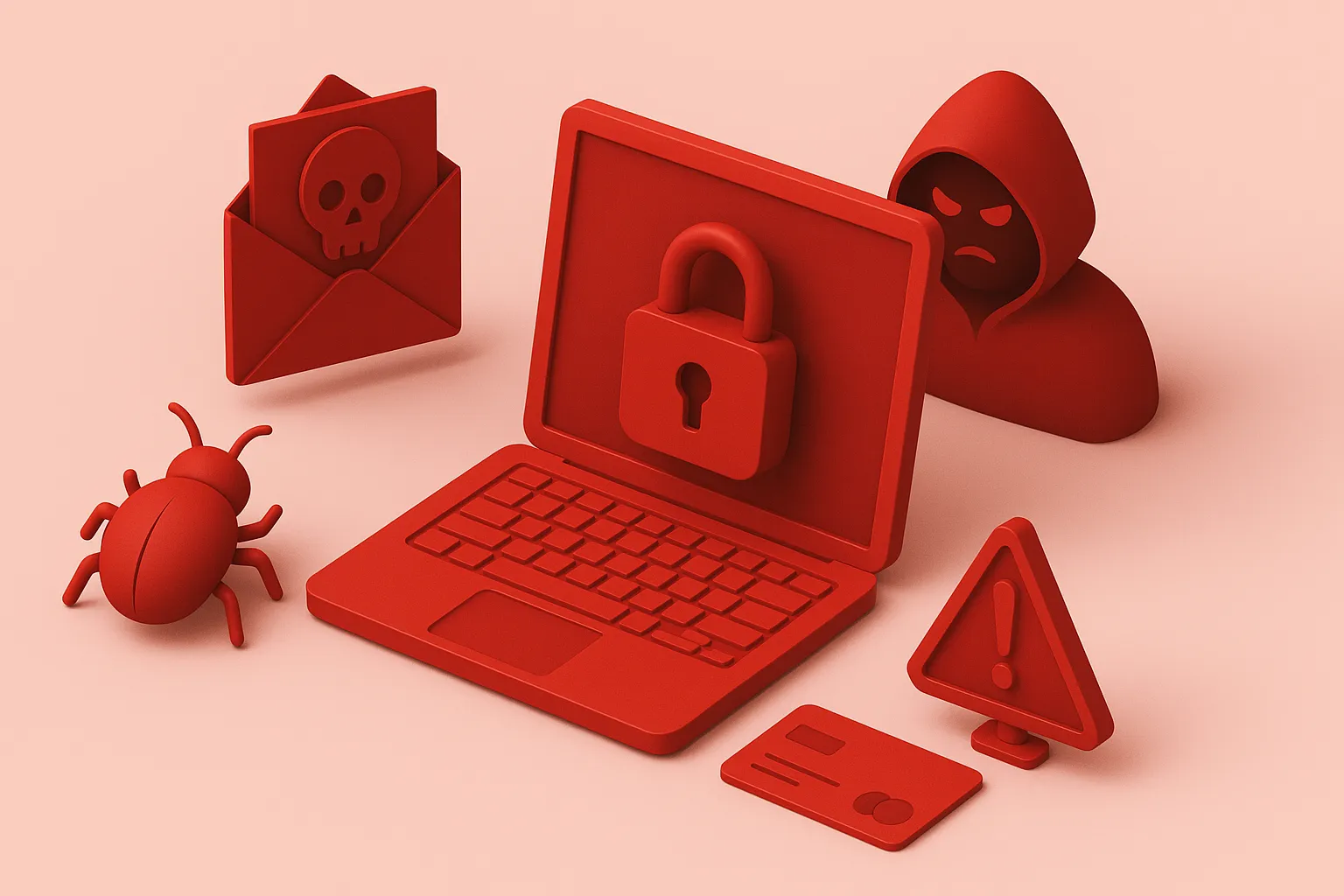
Which Security Risks Does CAPTCHA Pose: Critical Flaws?
Tue, 25 Mar 2025
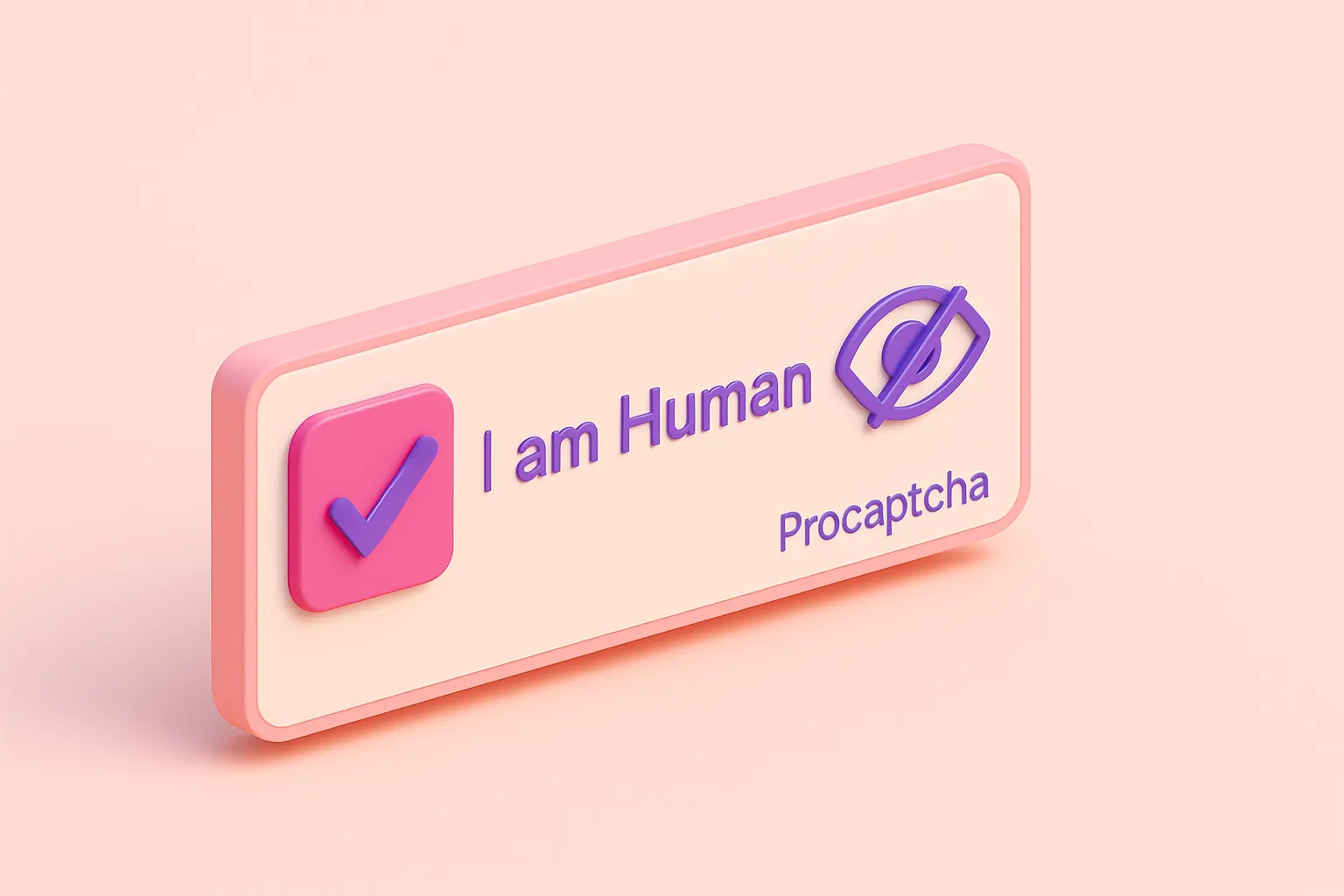
What is the Future of CAPTCHA and Online Privacy
Thu, 03 Apr 2025
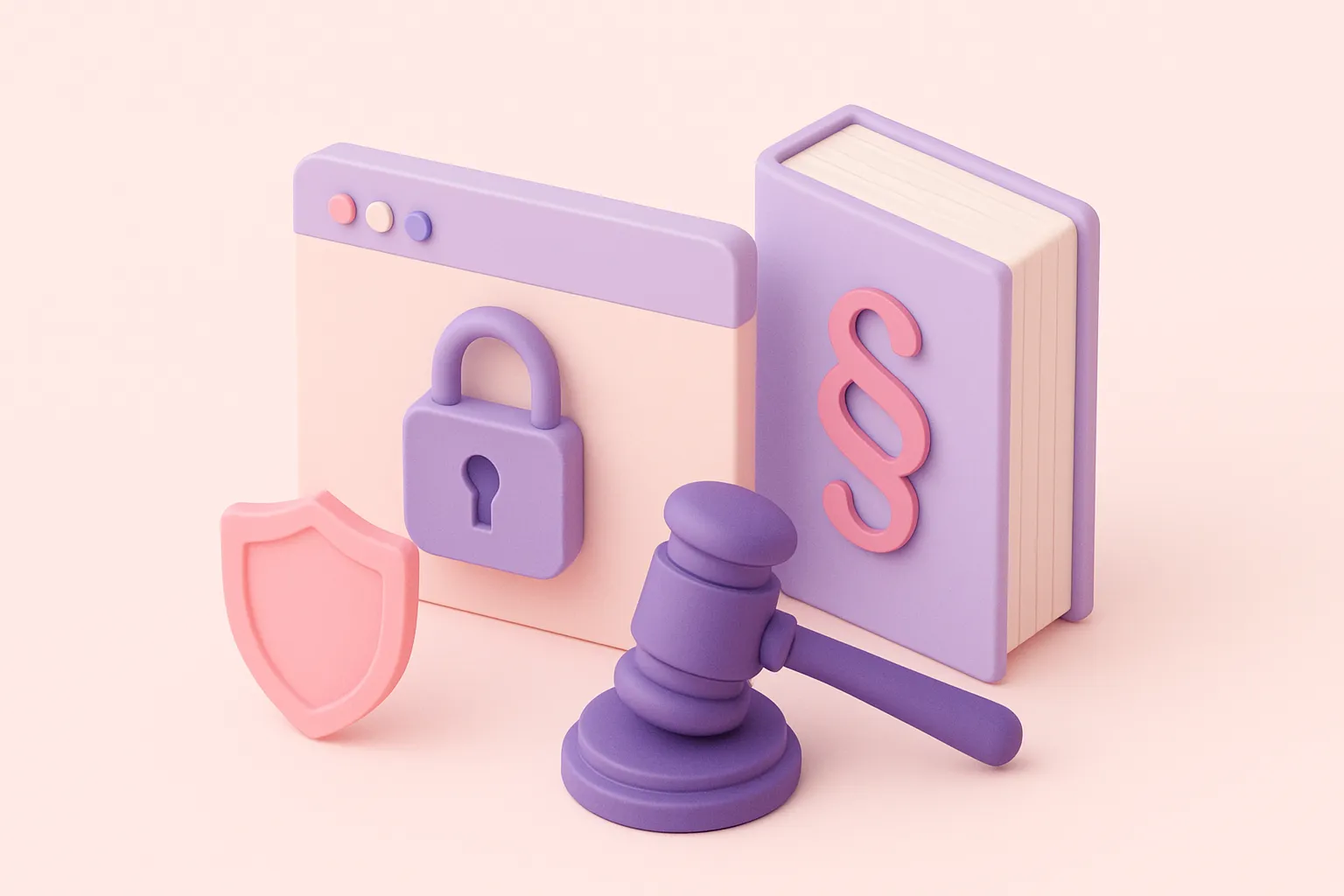
What Privacy Laws Should CAPTCHA Providers Comply With
Sun, 06 Apr 2025
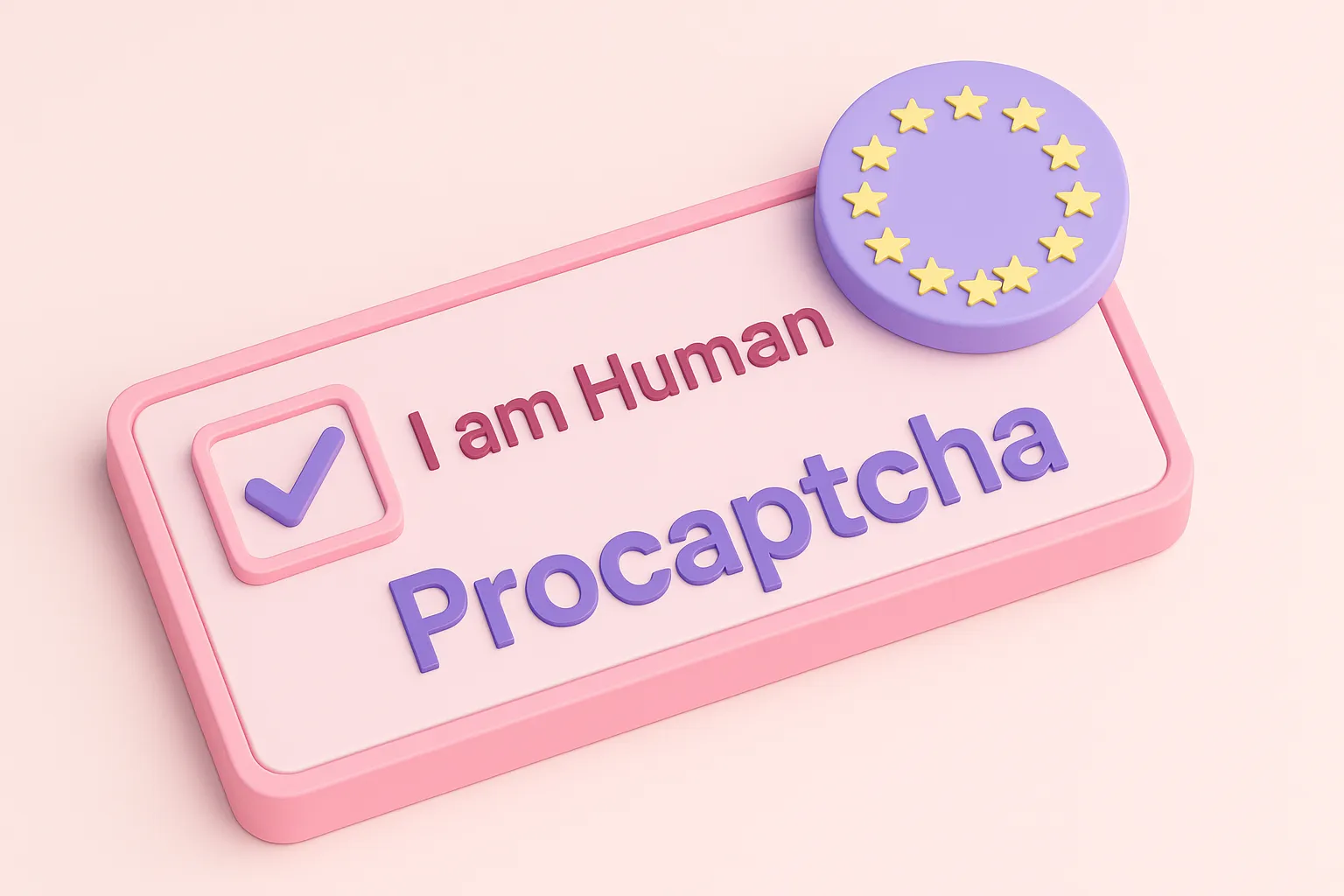
How to Make CAPTCHA GDPR Compliant & Protect Privacy
Tue, 08 Apr 2025

How Do Scalpers Get Tickets Before Selling Them
Wed, 09 Apr 2025

How to Integrate CAPTCHA Without Violating User Rights
Sat, 12 Apr 2025

How to Choose a GDPR-Friendly CAPTCHA for WordPress
Fri, 18 Apr 2025
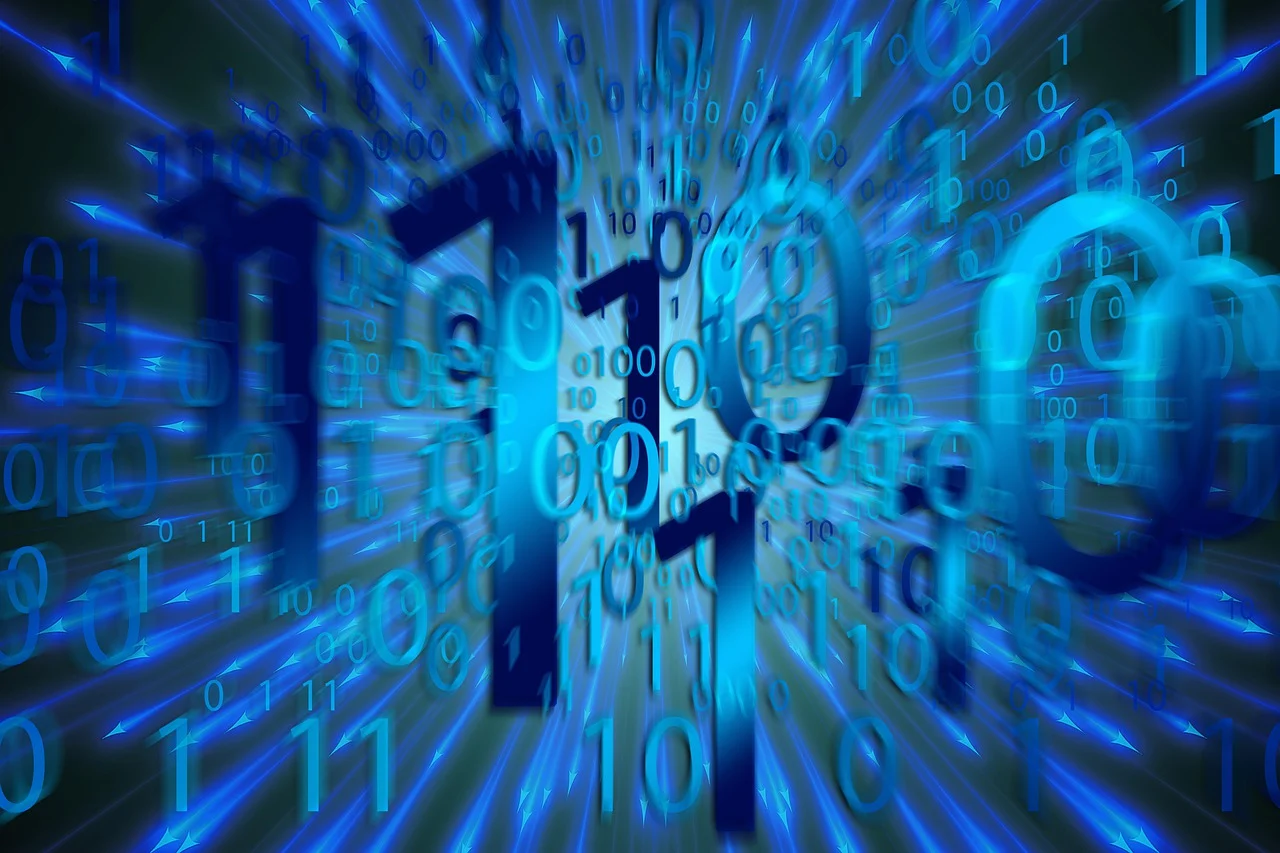
How Does CAPTCHA Collect User Data? The Reality
Fri, 25 Apr 2025
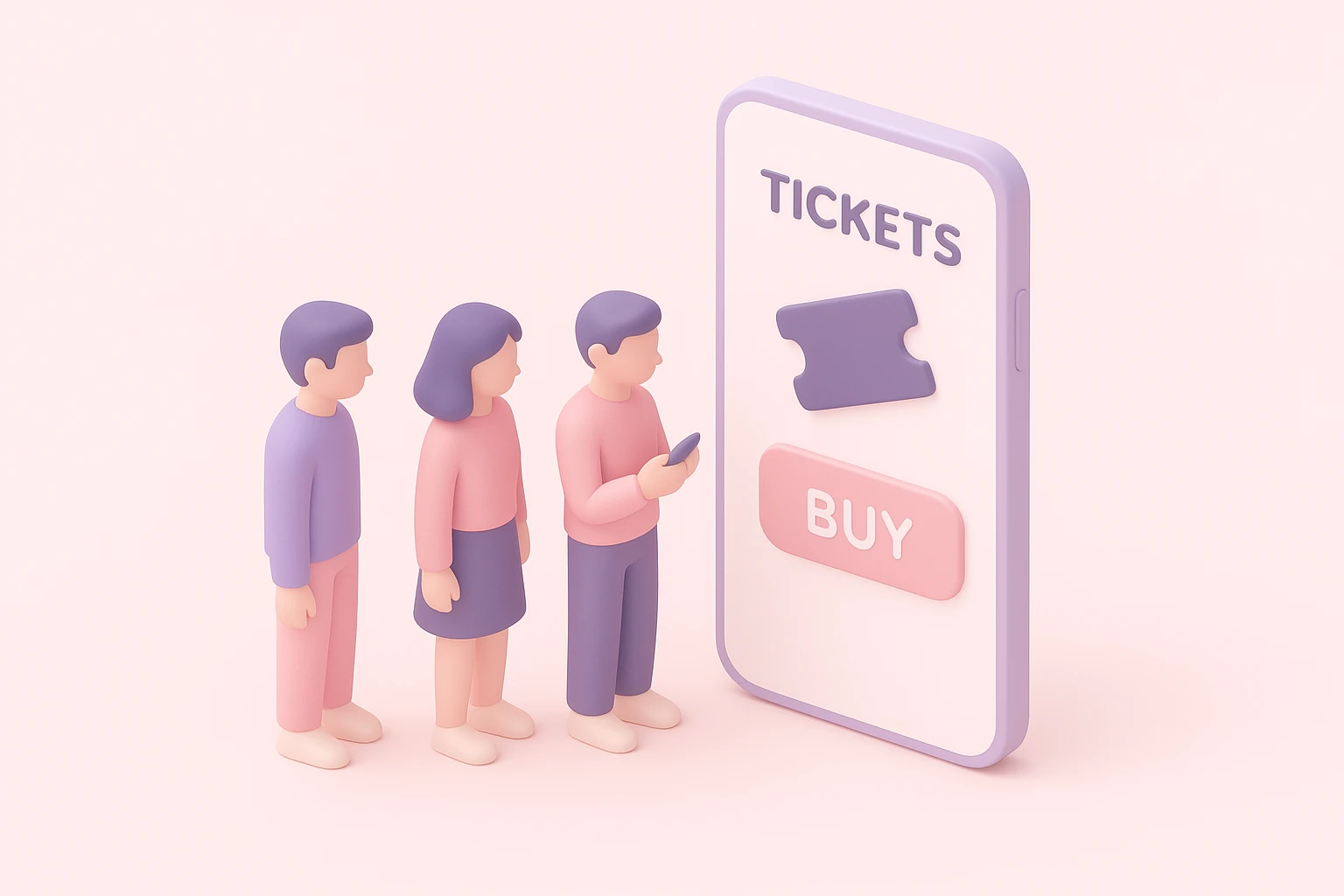
🎫 Preventing Ticket Bots - The Battle for Fair Access
Sun, 02 Nov 2025

Survey Companies Are Having Their Data Compromised by AI Bots
Tue, 25 Nov 2025

Why is Ticket Scalping so Hard to Stop? Uncovered
Sat, 15 Mar 2025

